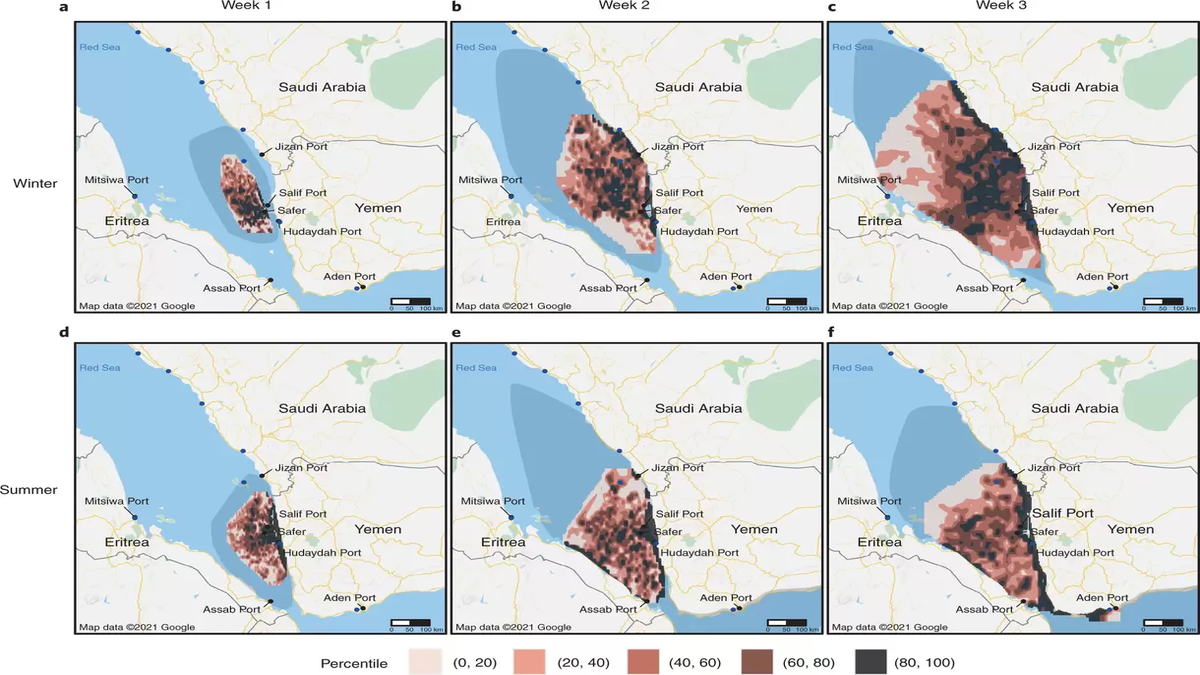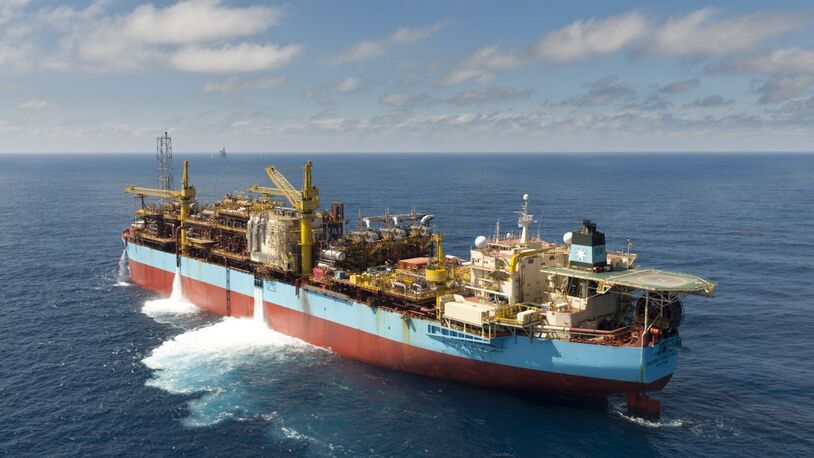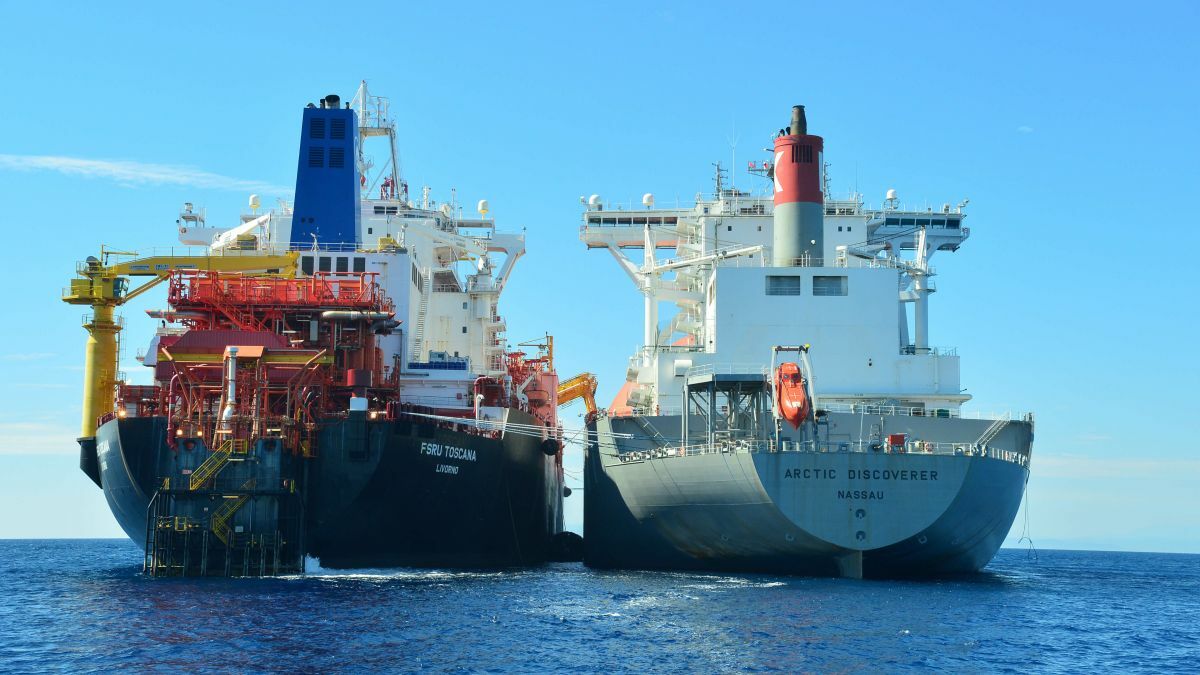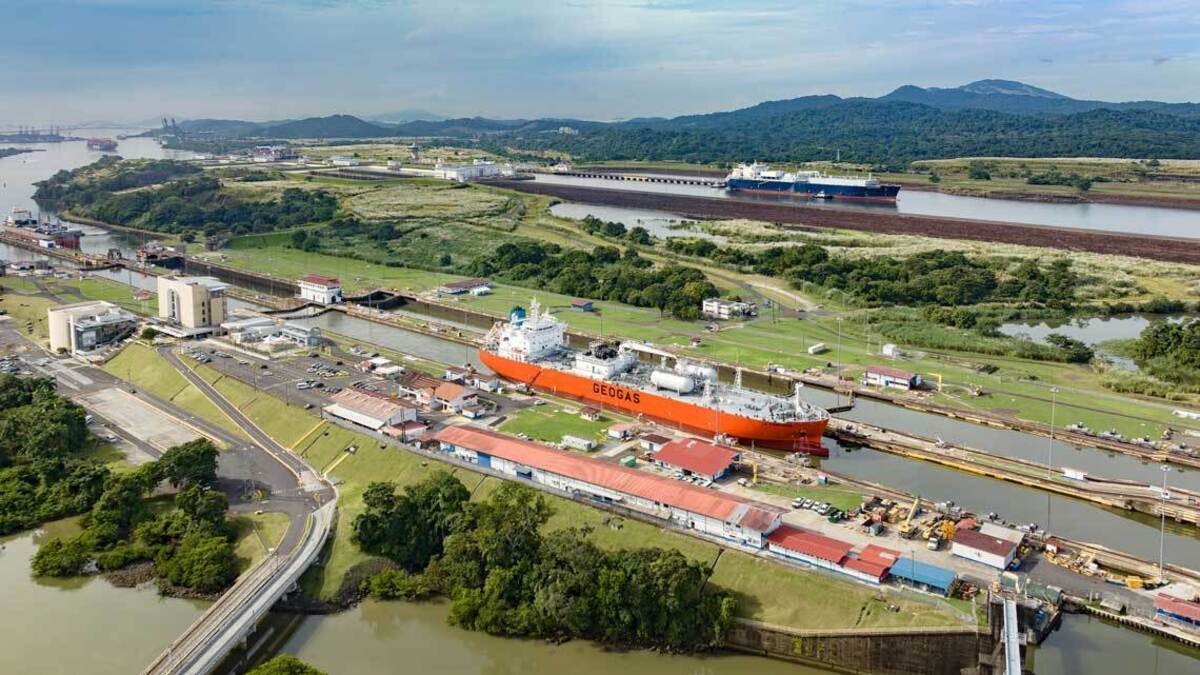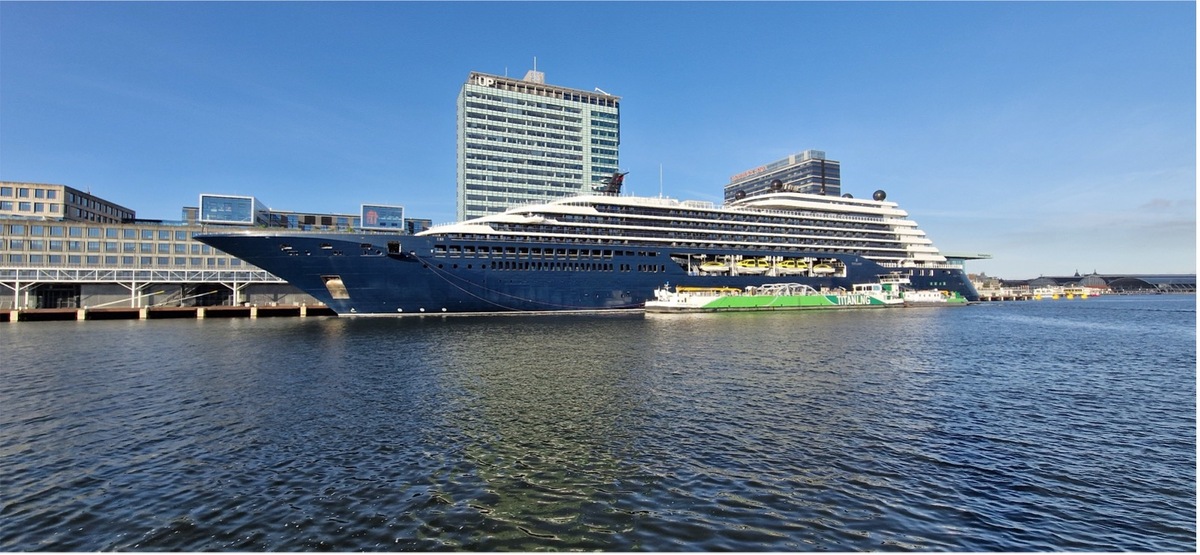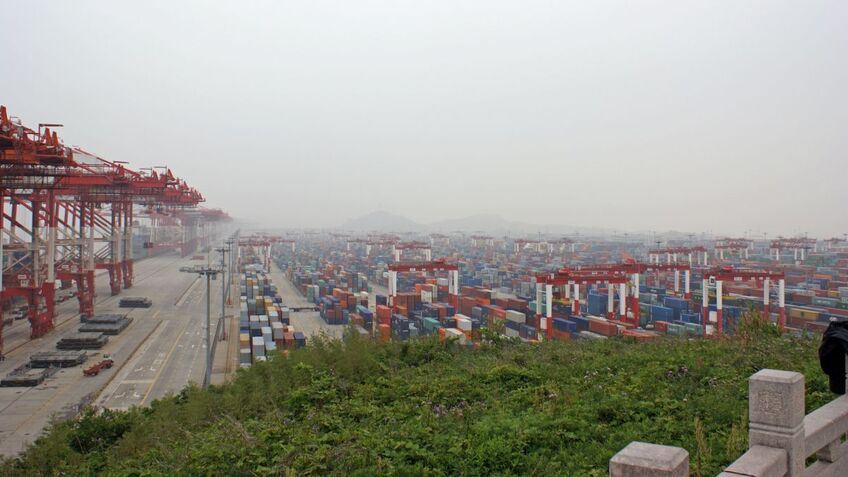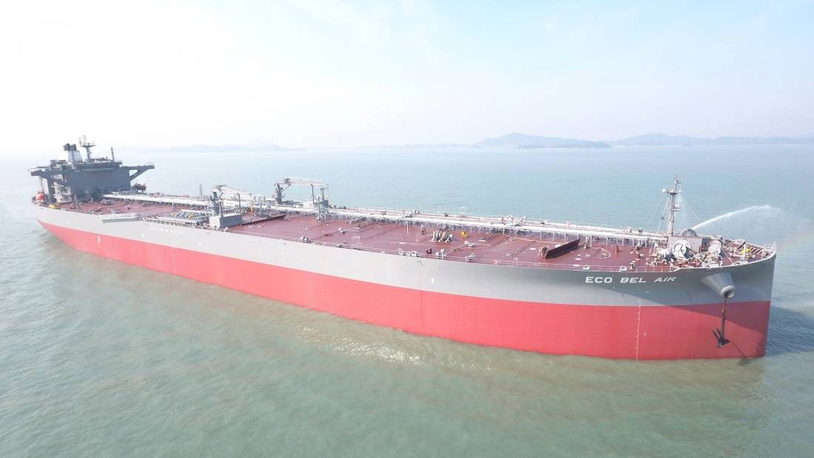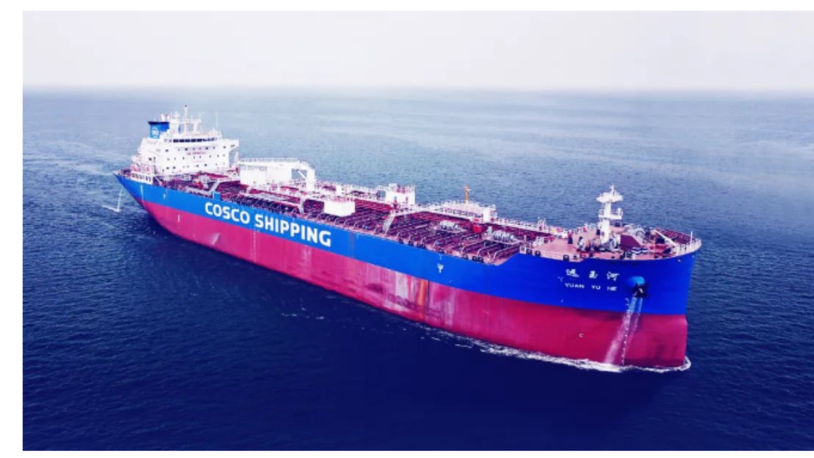Business Sectors
Contents
Register to read more articles.
UN reaches ‘agreement in principle’ to transfer crude on stranded Yemeni tanker
The UN said it has reached an agreement to offload the cargo from floating storage ship (FSO) Safer, stranded off the coast of Yemen
Owned by Yemen Oil and Gas Corp, the Japanese-built FSO has been stranded in the Red Sea since the early days of the ongoing civil war in Yemen where it fell into the hands of the Houthi forces.
UN under-secretary general for humanitarian affairs and emergency relief Martin Griffiths noted, “recent progress in efforts to resolve the Safer tanker issue, including an agreement in principle to a UN-co-ordinated proposal to shift the oil to another ship.”
However the UN did not specify the buyers for the crude or when the transfer will take place.
Safer contains 1.14M barrels of oil worth US$80M, making it an asset to the Houthi movement. But there are rival claims from the Yemeni Government. More significantly, the vessel has suffered significant structural damage and is at risk.
A breach to the ship’s hull or explosion of oil vapours could prove calamitous, with the UN warning that FSO Safer could spill four times as much oil as the infamous Exxon Valdez, causing an ecological disaster.
Reports published by environmental organisations warn that an oil spill would exacerbate the humanitarian crisis in Yemen, preventing access to the country’s main ports of Hodeidah and Salif, which act the gateway for most of the aid, affecting food supplies for millions.
Desalination plants on the Yemeni coast will be affected and contaminated waters will impede access to drinking water for up to 10M people.
The FSO holds Marib light crude, which is a blend of output from the Marib and Jannah fields in the southwest of Yemen. ExxonMobil was an operator in both blocks, where production averaged 195,000 b/d.
Sign up now for the Tanker Shipping & Trade Webinar Week 8 March 2022-11 March 2022
Related to this Story
Events
LNG Shipping & Terminals Conference 2025
Vessel Optimisation Webinar Week
Marine Coatings Webinar Week
© 2024 Riviera Maritime Media Ltd.


